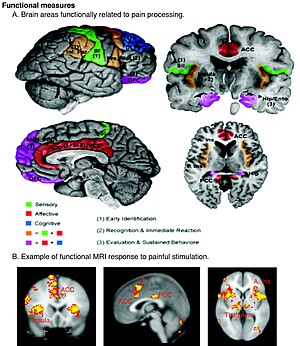I’ve always wondered how you determine whether acupuncture works or not. (My father tried it as a means to stop smoking’ it was the threat of being barred from my wedding that actually worked.) Well, scientific research now has an answer- it doesn’t matter.
A study performed at M.D. Anderson Cancer Center proved that there was no difference in results from those who underwent traditional Chinese acupuncture or a sham treatment. Wait a minute- don’t go jumping the gun- BOTH procedures gave the same results. As long as the patients were told they were getting acupuncture, they demonstrated improvement.
The 455 patients with painful knee arthritis were told they were getting acupuncture treatments- either traditional or non-traditional. Both treatments were augmented with electrical stimulation, but those receiving the sham treatment received much shorter and less intense stimulation, to insure that they were never adequately augmented.
[It had previously been demonstrated in an NIH study that acupuncture may provide benefits for arthritic knee pain. In 2004, these results were presented in the Archives of Internal Medicine.]
Both groups averaged a 1 point drop in pain scale (1 to 7). And, if the practitioner happened to say they had previous success with knee pain (versus “It may or may not work for you), the pain reduction was greater.
This study matches that of a German multicenter study reported in September 2007 (Archives of Internal Medicine). In that study 1200 patients experiencing back pain demonstrated that sham treatment and real treatment provided analogous improvement. (About 50% reported significant pain relief; but traditional acupuncture improvement reduced the need for pain medication.)
Pain is simply the manifestation of an unpleasant sensory and emotional experience- as a result of real or imagined threats to our body. It can be somatogenic (as in this case, resulting from a perturbation to the body) or psychogenic (perturbation of the brain). We now know that as long as we think we are getting treatment (certainly for knee and back pain), our brain reacts to ameliorate our pain. It’s probably why prayer works to ameliorate the condition of patients, as well.







